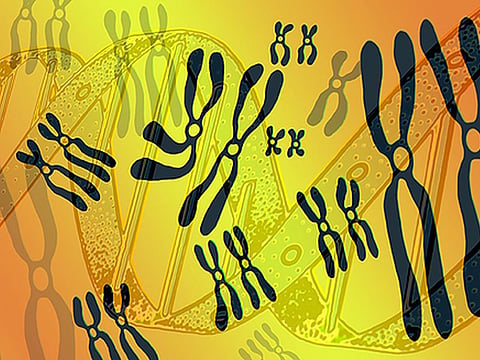TUESDAY, Dec. 5, 2017 (HealthDay News) -- Lipid-associated genetic risk correlates with the risk of abdominal aortic aneurysm (AAA), according to a study published online Nov. 29 in JAMA Cardiology.
Seamus C. Harrison, Ph.D., from Addenbrooke's Hospital in Cambridge, U.K., and colleagues examined the correlation between lipid-associated single-nucleotide polymorphisms (SNPs) and AAA risk in an analysis involving up to 4,914 cases and 48,002 controls. Genetic risk scores were constructed and tested for their association with AAA using conventional and mendelian randomization (MR) and data from international genome-wide association studies.
The researchers found that a one-standard deviation (SD) genetic elevation of low-density lipoprotein cholesterol (LDL-C) correlated with elevated AAA risk (odds ratio, 1.66). A one-SD increase for high-density lipoprotein cholesterol (HDL-C) correlated with a reduction in AAA risk (odds ratio, 0.67). A one-SD increase in triglycerides correlated with an increase in AAA risk (odds ratio, 1.69). The association for each lipid fraction with AAA risk was largely unchanged in multivariable MR analysis and MR-Egger and weighted median MR methods. There were correlations for the LDL-C reducing-allele of rs12916 in HMGCR with AAA risk (odds ratio, 0.93) and for the HDL-C-raising allele of rs3764261 in CETP with lower AAA risk (odds ratio, 0.89).
"The MR analyses in this study lend support to the hypothesis that lipids play an important role in the etiology of AAA," the authors write.
Several authors disclosed financial ties to the pharmaceutical industry.
Abstract/Full Text


